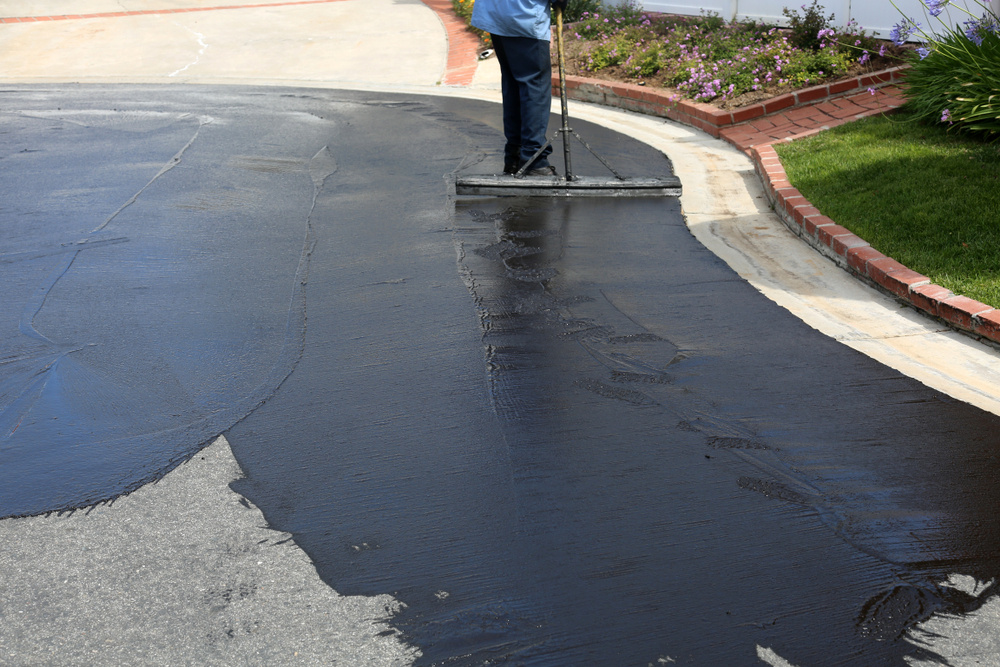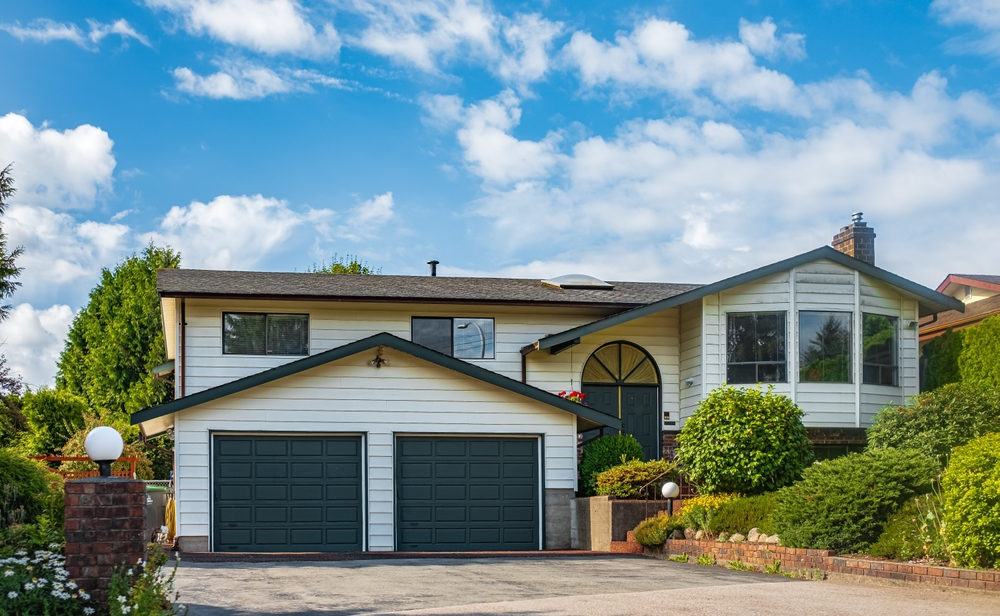Your driveway is an essential part of your property, and when crafted with concrete and sealed properly, a residential driveway can last upwards of 30-plus years. But if you have recently had a new driveway installed or are looking to get one replaced, infrequent maintenance may be necessary down the line. As you invest time and money into owning a beautiful driveway, protecting that investment with maintenance can make a big difference. Explore driveway maintenance tips for all seasons and the importance of hardscaping maintenance.
Protecting Your Driveway Investment with Maintenance
A driveway enhances your home's curb appeal and prolongs its lifespan. The first step in protecting your driveway investment is routine maintenance, which can be conducted throughout the year. Regularly inspect your driveway for cracks, stains, and signs of wear and tear to get a clear picture of what might have caused and how to prevent it. Sealcoating is one of the most effective and preventative ways to shield your driveway from damage caused by weather, oil leaks, and other issues. While sealcoating is applied after a new installation, homeowners should reseal their driveway every two to three years or when necessary.
New Driveway Care
If you've recently installed a new driveway, we know how exciting it feels to have a complete home improvement project. Follow these tips to ensure your new driveway retains its appearance and function. During the first installation, avoid heavy traffic and parking in the same spot to prevent undue stress on the surface. Letting the driveway cure completely is essential, typically between 6-12 months. Keep off the edges of the driveway and avoid intentional spills. Be cautious of chemical spills that may occur. Consult Southern Love for expert advice on how to care for your specific driveway material, whether concrete, asphalt, or pavers.Tips for All Seasons
Maintaining your driveway throughout the year is key to preventing expensive repairs down the line. Here's a seasonal breakdown of what you should do to keep your driveway in top condition:Spring
Late spring is typically the best time for a new driveway installation. Inspect your driveway for any damage caused by the previous months to determine if your driveway needs repair. Fill in any cracks and holes, or consider resealing your driveway.Summer
High temperatures and UV rays can cause damage to your driveway's surface. With an asphalt driveway, homeowners can expect heat expansion or pavement cracks due to heat stress. Clean the surface regularly to remove oil and other debris. Consider applying a protective sealant to prevent UV damage if you have an asphalt driveway.Fall
Falling leaves are notorious for being a hassle to your property. They can stain your driveway and promote debris accumulation on your driveway. Consider fall cleanups to proactively remove leaves from entering cracks in your driveway. Regular sweeping and blowing can help you avoid these issues.Winter
Ice and snow can be harsh on driveways, leading to cracks and other damage. Shovel your driveway after snowfall to prevent ice buildup. Avoid using harsh deicing chemicals that can damage your driveway's surface.
 nikk@southernlovelandscaping.com
nikk@southernlovelandscaping.com
